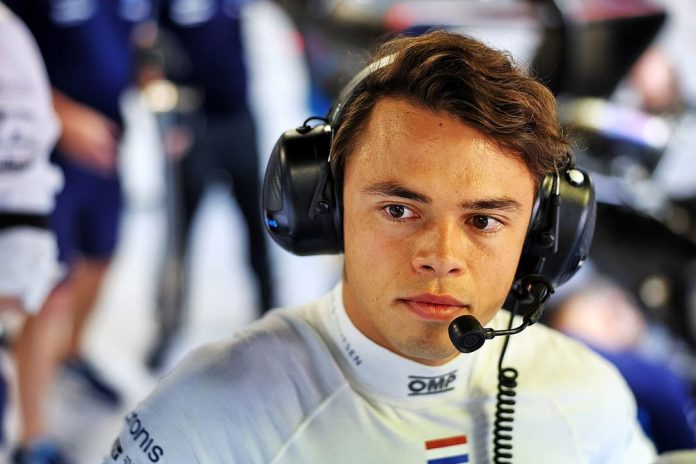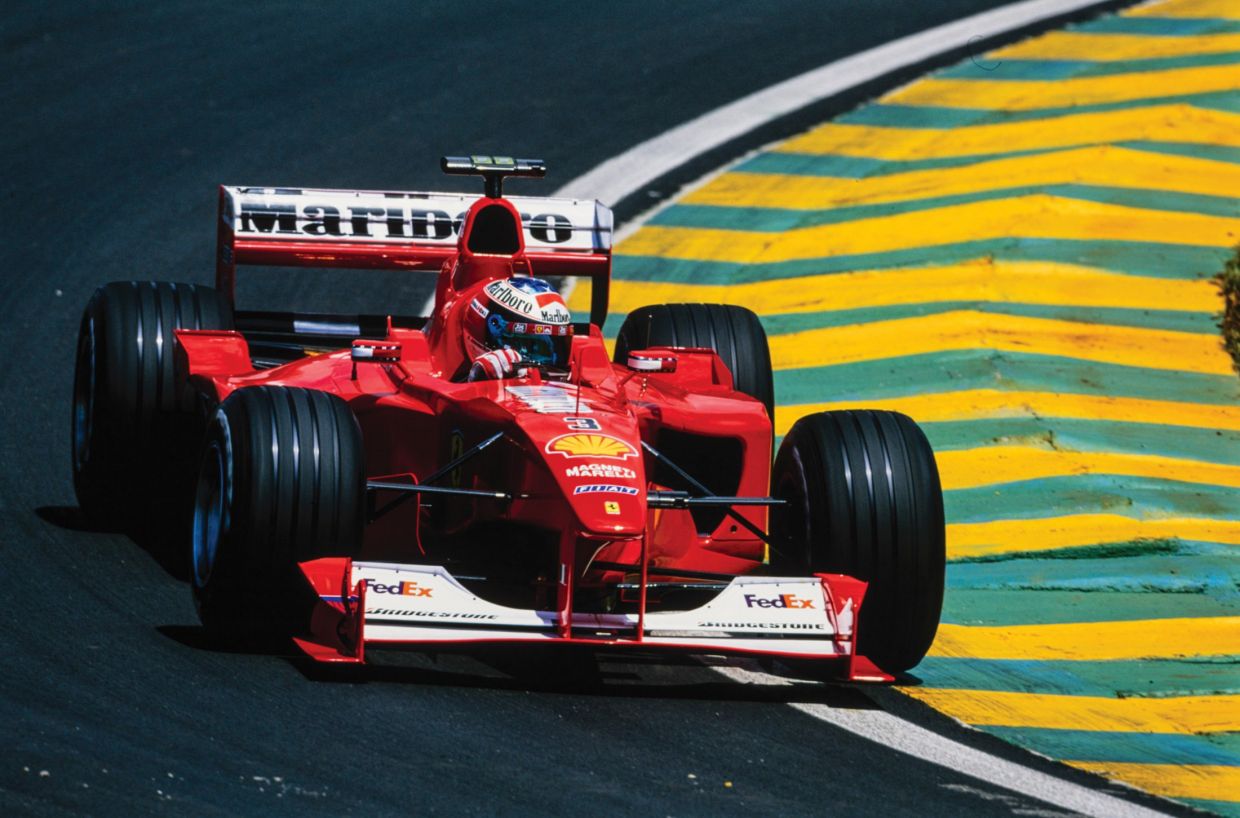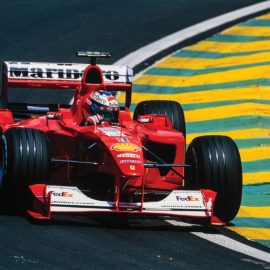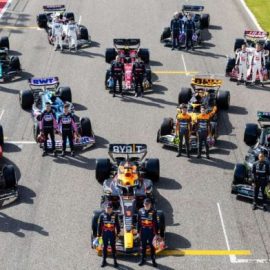In a remarkable display of skill and finely-tuned senses, Formula 1 drivers Yuki Tsunoda and Nyck de Vries have elevated their game to the next level. They’ve demonstrated an uncanny ability to identify popular Formula 1 racetracks merely through the audio cue of gear changes and engine sounds. A truly ridiculous feat.
De Vries and Tsunoda Able to Tell F1 Tracks Apart Simply Through Engine Sound
The task set before the two racing sensations was simple, yet challenging. They were to distinguish individual F1 circuits from the past year’s calendar solely by listening to the engine noise of their cars. Astoundingly, it wasn’t solely the sounds of engines revving and gears shifting that came into play.
The drivers had to discern subtle changes in audio caused by the bumps on the tracks, shifts due to cornering, and the sounds reflecting slower speeds at certain turns.
Tsunoda, always up for a challenge, was all smiles and displayed a notable confidence, even declaring it would be “easy.” As the audio snippets started rolling, an intense duel ensued between Tsunoda and de Vries. They hustled to outpace each other in identifying iconic circuits like the Silverstone in the UK and the street circuit in Baku, Azerbaijan.
And the results were mind blowing.
Watch the video of the F1 drivers guessing each circuit below:
I never thought Formula 1 drivers muscle memory could reach up this level , Yuki Tsunoda and Nyck De Vries identifying F1 circuits using ( sound ) only 😧 this is phenomenal. pic.twitter.com/UHAwwuuxzH
— ahmed baokbah 🇸🇦🏎✈️ (@ahmed_baokbah) June 2, 2023
Certain tracks were identified almost immediately. This instant recognition often came when the sound of the F1 car bottoming out was evident – an audible artifact influenced by new racing regulations. However, other tracks proved a bit more challenging, requiring the drivers to listen closely for signature turns or distinct corners that would provide the necessary clue.
Either way, it is still difficult to wrap our tiny brains around how this is possible.
Muscle Memory and Intensive Training Make it Possible
So how is this remarkable talent possible? Well, it boils down to an amalgamation of training, muscle memory, and the intensive hours these drivers have spent practicing in real-world and simulated conditions. By thoroughly familiarizing themselves with each track on the F1 calendar, these drivers have essentially encoded each circuit’s unique audio fingerprint into their memories. It’s a fascinating insight into the cerebral side of this fast-paced sport.
To the casual observer, identifying racetracks by engine noise and gear changes may seem like an esoteric skill. Yet, for those intimately familiar with the world of Formula 1, it’s an awe-inspiring demonstration of the profound sensory skills these drivers possess.
F1 Betting Guides You May Like
- Best F1 Betting Sites 2025 – Discover Top-rated Formula 1 Betting Sites Ranked & Reviewed.
- Best Offshore Betting Sites Review – Compare Best Offshore Sports Betting Sites.
- Best Bitcoin Betting Sites – Compare Top Sportsbooks that Accept Bitcoin.
- Best New Sports Betting Sites Review – Discover Top 10 New Sportsbooks in USA Ranked.
- Best Online Gambling Sites 2025 – Best Gambling Sites in USA Ranked & Reviewed.
Add Sportslens to your Google News Feed!







